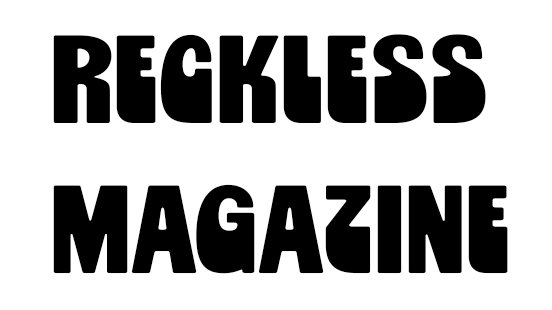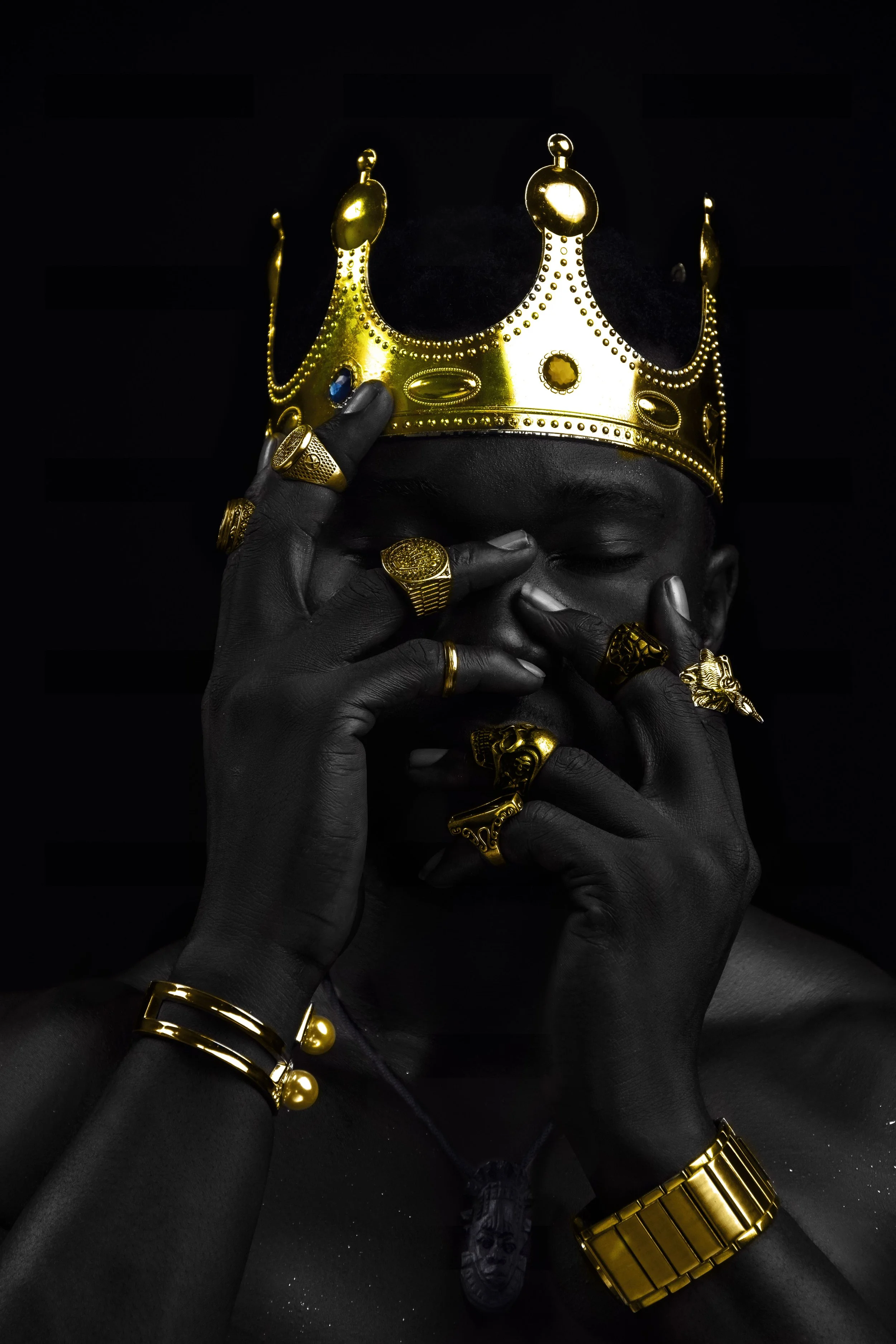Africa Unlimited

Resilience, Strength, and Creativity
Photography By Abbah Paul
Nigerian photographer Abbah Paul shares his ongoing portrait series “AFRICA UNLIMITED”, highlighting the passion of young African creatives. Abbah Paul talks about the challenges many young artists in Africa face and how, despite these challenges, this generation is pushing boundaries and fulfilling their passions.
Abuja, Nigeria
What is your series, “Africa Unlimited”, about?
“Africa Unlimited” is a tale of young Africans, who have the undying will to express themselves through fashion, skill, and various forms of art. I've taken photographs of dancers and fashion models . The most captivating thing about this is their resilience and strong will. We come from a place where limits hold us down everytime we dare to do something different.
“Africa Unlimited” visualizes the resilience and zeal of the young African. Though there's still a lot to be done, the pictures at the beginning of the series, carry the message. This project hopes to shine a new light on the strengths of African creatives.
Why did you decide to start this series? Why is it important to you?
I started this series some time back, when I was faced with some new challenges while trying to create photographs. Problems, like the lack of basic amenities of electricity, could make any creative feel bad and give up. But in Nigeria, we lack basically almost everything . From electricity to security and even good roads. Notwithstanding, creatives like myself are thriving and making a difference. The system and government of the African state has failed it's people, but they do not give up or loose faith. This series was born from the realization that we all face similar challenges and we're still making a difference!.
Who are the models you choose to work with? What was the process like in deciding how to photograph each one ?
The models are mostly creatives , fashion models, rappers, and dancers. They are mostly my friends also. I pick them based on their art. The message I'm trying to portray can only be clearly displayed by one who is in the struggle, and understands my perspective. I speak to each of them about what we all face , and when I see them, I see a reflection of me . "We are all the same" in the struggle.
What do you hope to accomplish with “Africa Unlimited”?
I sincerely hope to get widespread attention . I hope to tell my story and that of others like me through this images. I also hope above all things, that this images contribute to changing the narrative of the "regular African Youth"
Tell the story behind one of the images.
The shoot with Geoffrey Ali, at the market. Ali is a dancer and honestly one of the most zealous I've ever met. Against all odds, he is trying to express himself through Dub step, Afro, and break dance. He is a very flexible fellow . We were both in school when the idea for the shoot came. We attend the same University, though we are in different campuses. We had no money on us and a new semester had just begun. He found a way to get to me, and I got some ankara outfits. We created those images despite our problems and it was worth every second of our time!.
What is your history as a photographer? How did you develop your style?
I started taking pictures two years ago when I was 18. I got my own camera after saving for a year . It was an entry level camera (A Nikon D3200), and I've used it till date. I edit my images using my mobile phone. Basicall,y I color grade using Lightroom and I sometimes create surreal images using Picsart. I've always loved to make things look good. As time passed, my narrative changed. I got to understand that, Art doesn't have to be beautiful. Art just has to make you feel something. Happiness, sadness, whatever! .
My images are just a representation of thoughts. During the lockdown, I lost all the presets I had created overtime along with my phone. I didn't let that hold me back, I began the "Africa Unlimited” series shortly after.
What kind of struggles or limitations have you come across in your journey? Do other creatives in Nigeria have the same struggles?
The struggles are countless. From the lack of power supply, to the poor funding for entrepreneurs. Insecurity is also a prevalent issue. The government is indifferent about all this. Also, creatives are constantly harassed for creating in public spaces.(For example, there have been two attempts to damage my camera for shooting in public). The recent uproar against police brutality (#ENDSARS) is just a consequence of this actions.
Also creatives in Nigeria do not have an easy access to publicity. Only a few ever make it out to the spotlight.
How have these struggles shaped and influenced your art and the art scene in Nigeria?
Our struggles have given us a story. It has shaped our art positively. My Art has blossomed over a short period of time . This is due to the fact that I have gathered a lot of experience over a short time. I think we can indeed say that Our roots are interesting and captivating! This challenges are just a part of the grand experience of being an African creative.
What’s next for you in your journey, your series, and the Nigerian art scene?
I still have a very long way to go. Countless projects and ideas to create. This is my beginning! I do hope to get noticed internationally for my work. I've got a lot of work to put in! I've got a pace to set and hopefully, I'll change the narrative of the youth in my community in my own way. Thank you very much Reckless Magazine!! It's been a heart pouring interaction for me!.





